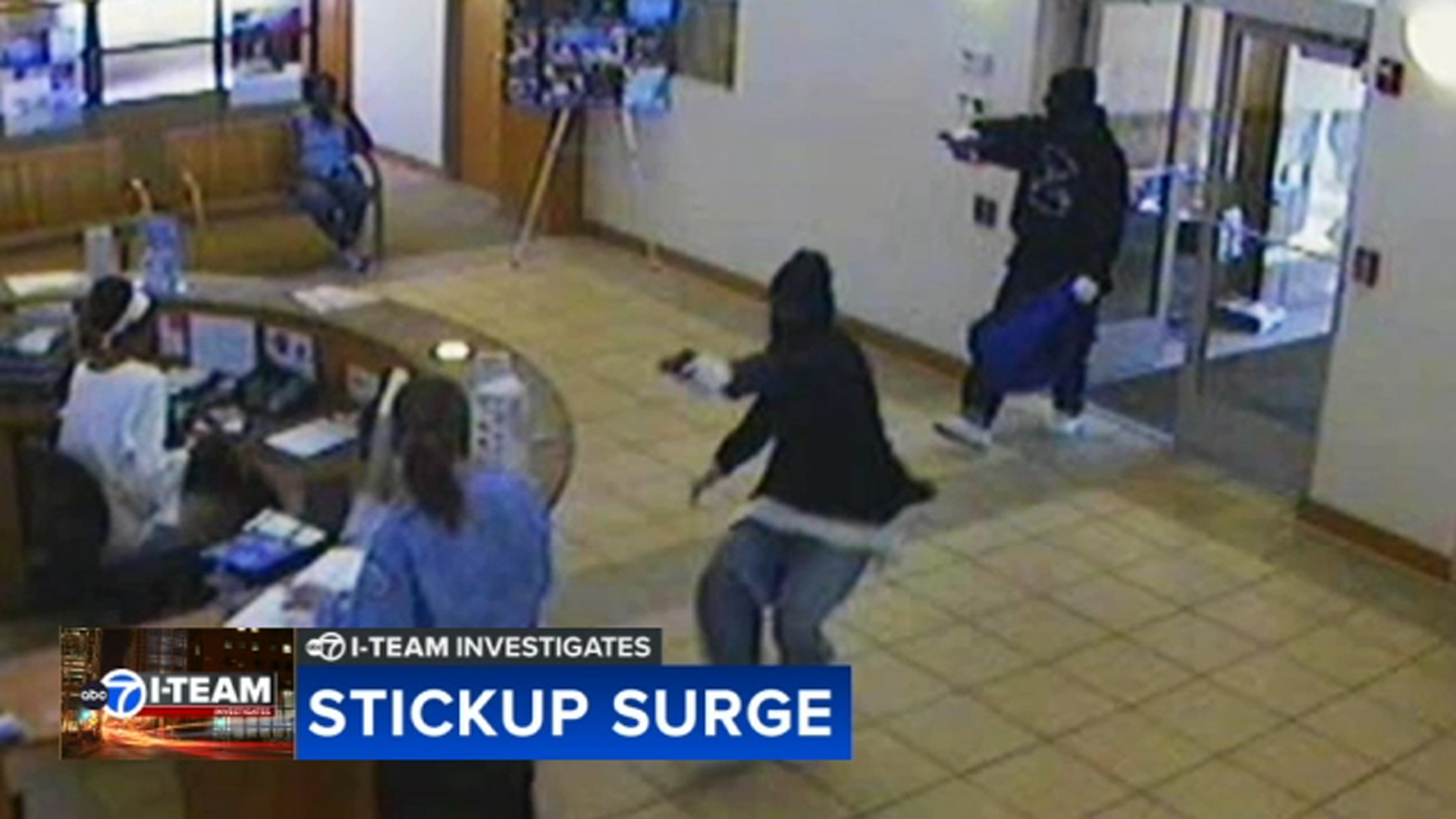Nurse shortage could reach more than 1M by end of year
CHICAGO (WLS) -- Some are calling it a national crisis: a shortage of nurses. The problem was percolating even before the pandemic. Now, the projected deficit could be more than 1 million nurses by the end of the year.
COVID is just one of many reasons there has been a mass exodus of nurses leaving hospital jobs. During recent protests in Chicago, nurses complained about unsafe provider-to-patient staffing ratios and inadequate compensation. Health care professionals tell the I-Team it's going to be a challenge to replenish this workforce.
"Because right now the burnout is real," Family Nurse Practitioner and UIC College of Nursing Educator Keisha House said.
Growing access to health care, an aging baby-boom population and more people suffering from chronic conditions are all contributing to an increased demand for nurses, according to the American Nurses Association. And, of course, there's the impact of the pandemic.
"I thought I was going to die. I thought I was going to die every day," said House.
She contracted COVID in March of 2020, missing four months of work and school.
"I think all nurses should be well paid well over what we are receiving," said House. "We go over and beyond every single day."
Records show there are nearly 4.5 million registered nurses with active licenses. The U.S. Bureau of Labor Statistics says of those, only 72% are employed as RNs.
"Staffing for nurses has been an issue for many years. We know that one in five health care workers left the healthcare profession during the pandemic. So, add that to the fact that we have over 50% of our registered nurses who are over 55, we've got a real problem ahead of us if we don't entice and encourage more student learners to come into the nursing profession," said Illinois Medical District Executive Director Allyson Hansen.
The I-Team met Adam Saleh and Lanz Orpilla in April as they were finishing up their nursing degrees at UIC. They both credit the school's simulation lab with preparing them for their first jobs as registered nurses.
"I'm able to become much more comfortable at the hospital," Saleh said.
"It gives you that real life experience," said Orpilla.
As students, both said they worried about the challenges facing the workforce.
"I definitely do feel like we need to treat nurses better," said Saleh. "We need to provide better just resources, just like mental health, staffing ratios."
"The role I play in the healthcare field is actually much more important than I originally anticipated," said Orpilla.
"So, we see that a lot of nurses had been leaving from their staff roles and then becoming travel nurses...because of the increased pay," said Saleh.
"We need more amenities," said Hansen. "We need more retail, more restaurants, more green space, a place where they can go and relax when they're on break or after work."
Illinois recently amended its Nurse Agency Licensing Act to further protect nurses' rights.
"It definitely benefits the nurses in that any rate that's negotiated between a health facility and a nurse staffing agency, 100% of that rate has to go to the nurse," said Fair Labor Standards Director Marina Faz-Huppert.
Apparently, that wasn't happening during the pandemic.
In the Illinois Medical District, 70% of the nursing faculty is over the age of 55. Despite the aging faculty nationwide, the number of nursing school grads has grown tremendously in the past two decades. In 2001 there were 22,593 graduates. In 2020, that number grew to 82,380.
"We are students that grew up in a pandemic and I feel like we're all more motivated than ever to join the force and help in whatever way we can," said Orpilla.
All across the country, hospitals are in desperate need of registered nurses. A recent survey revealed a quarter of the participating hospitals have at least 100 nurse positions currently open. They are counting on recent grads and travel nurses to fill some of the gap.









